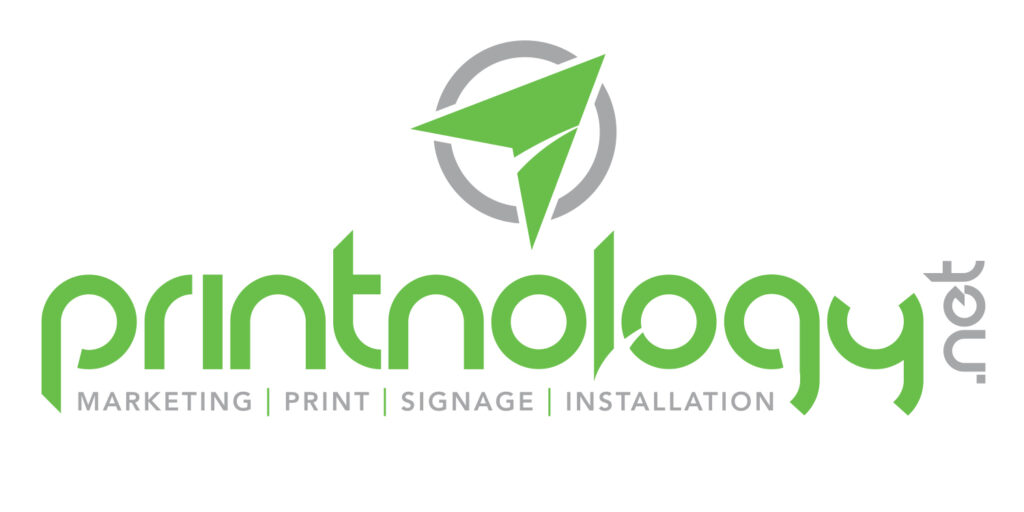Understanding Your Needs
Before ordering a custom sign, it’s crucial to understand your specific needs. Consider the purpose of the sign, the message you want to convey, and the audience you are targeting. This will help in choosing the right type of sign and design elements.
Choosing the Right Material
The material of your sign plays a significant role in its durability and appearance. Options include wood, metal, acrylic, and more. Each material has its own set of advantages and is suitable for different environments.
Design and Branding
Your sign should reflect your brand’s identity. Work with a designer to ensure that the colors, fonts, and overall design align with your brand. A well-designed sign can enhance brand recognition and attract more customers.
Compliance with Local Regulations
Before installation, check with local authorities to ensure your sign complies with zoning laws and regulations. This can prevent potential legal issues and fines.
Installation and Maintenance
Proper installation is key to the longevity of your sign. Consider hiring professionals for installation to ensure it is done correctly. Additionally, regular maintenance will keep your sign looking new and effective.
Budget Considerations
Custom signs can vary greatly in cost. Set a budget that considers design, materials, installation, and maintenance. This will help you make informed decisions without overspending.
Conclusion
Ordering a custom sign involves several considerations, from design to compliance. By understanding your needs and planning accordingly, you can create a sign that effectively communicates your message and enhances your brand.












Leave A Comment